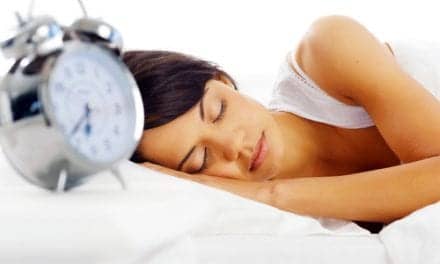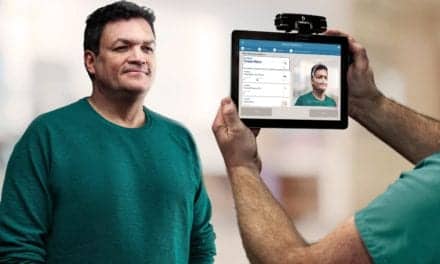Clinicians at National Sleep Therapy (NST) are providing every new patient with a training session that employs an iPad, under the guidance of a respiratory therapist (RT).
NST co-founder and president Eric Cohen, the engineer who developed the app, says in a release, “Educators have shown that people retain new information better when: (1) they’re able to proceed at their own pace; (2) they learn and retain better with visuals; (3) they feel they’re in control; (4) they’re engaged and feel special; and (5) they can hold the teaching device in their own hands. Our proprietary iPad app meets all these criteria and ensures that every patient receives a consistently high level of training. The end result: Better compliance and a better night’s sleep.”
Cohen says creating the Sleep Guide for use on iPads was crucial to ensure that patients are trained consistently, thoroughly, and correctly in the use, care, and maintenance of their CPAP machines. “Doctors are often on a tight schedule so they can’t always spend 60-90 minutes with a patient,” he says. “We have carefully orchestrated every minute of the set-up process to maximize engagement and retention. The result is patients who internalize the importance of CPAP and can easily demonstrate back its use and maintenance after just one visit.
“Using the app, our RTs methodically guide patients through the training. As the patient becomes comfortable with each section, they check off the boxes. Items left unchecked are revisited so the clinician can explain, answer questions, and visually demonstrate. The RT asks the patient to show they’ve mastered their CPAP.” Once the session is complete, a copy of the checklist goes to both the RT and the patient. Another reinforcement tool: each patient receives a reminder e-mail about finding answers on the iPad app or by calling the RT.
The Sleep Guide includes NST-produced videos to reinforce the training. Cohen adds, “A lot of cognitive work went into creating the right kind of app so patients could engage with their therapy. The bottom line is preparing patients to take control of their sleep apnea, and to be in compliance with doctor’s orders. We strongly believe this type of approach is applicable to other types of chronic conditions such as diabetes.”




